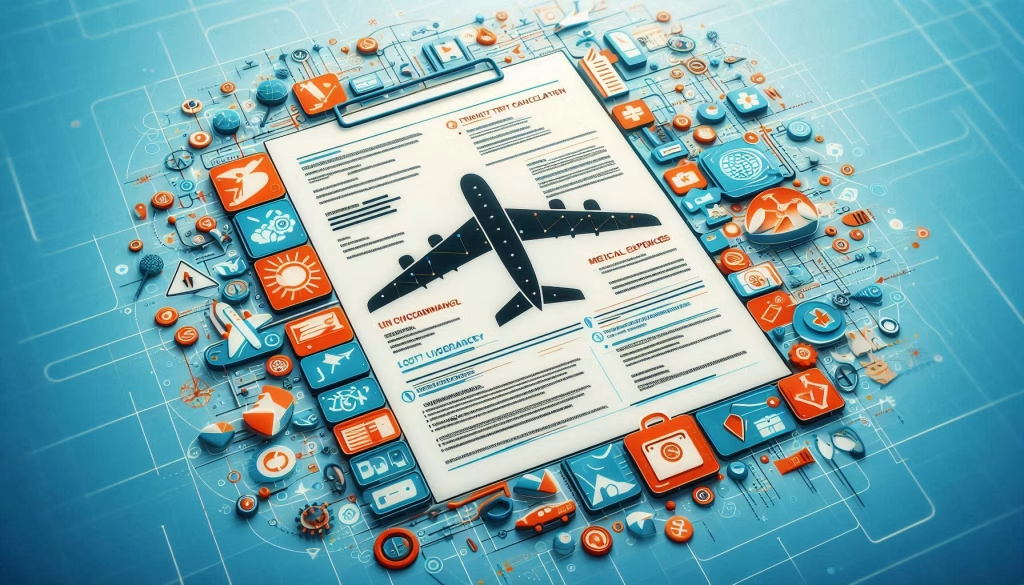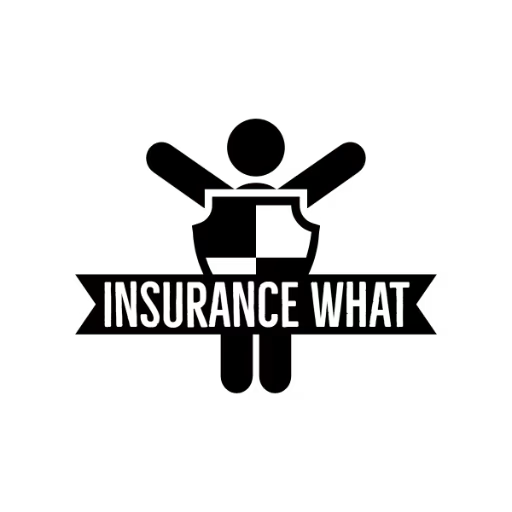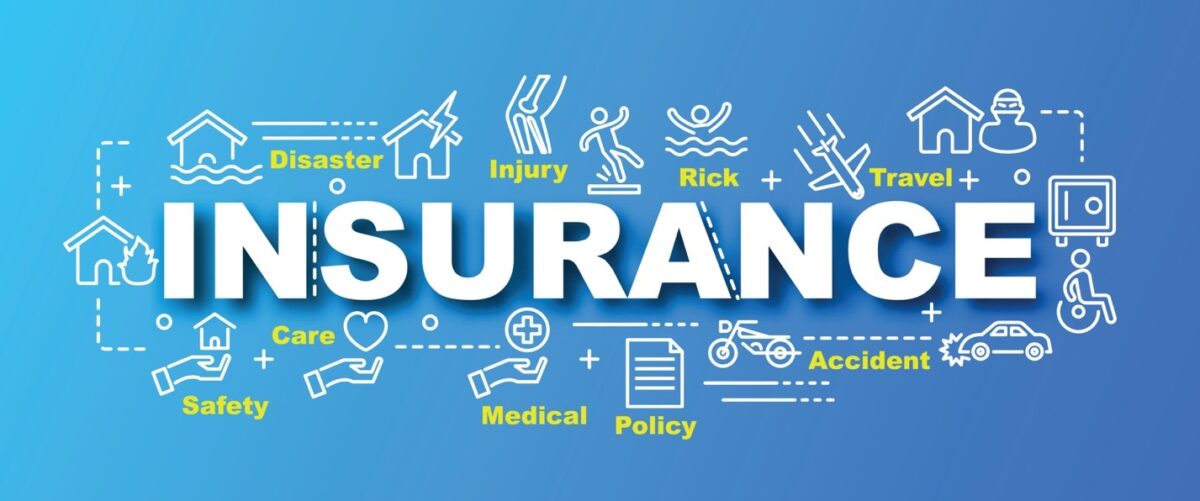Table of Contents
Overview
Insurance products are financial tools designed to protect individuals from potential financial losses in the event of unforeseen disasters.
Disasters can strike at the most unexpected moments. For instance, one might fall ill and require hospitalization, be involved in an accident, have their car stolen, or even experience their home being flooded.
Insurance serves to provide financial protection from the insurance company. For instance, it covers maintenance expenses, the cost of replacing lost items, and damages from flood disasters, among others.
Insurance can offer peace of mind by ensuring that you are protected against unforeseen disasters that can happen at any moment.
Essential Insurance Policies
Insurance is a crucial aspect of financial planning, providing a safety net against unexpected events that can have significant financial implications. While there are many types of insurance policies available, some are more essential than others. This article will explore the key insurance policies everyone should consider and provide tips for selecting the right ones.
Imagine suddenly finding your house flooded or on fire, or being diagnosed with a disease that entails expensive treatment. The stress would be inevitable, particularly without insurance.
The financial losses one might incur can be significant. Nonetheless, these risks can be mitigated by securing adequate insurance coverage.
It’s important to recognize the future benefits of insurance. While insurance premiumsPremium The money that must be paid at a certain time is the obligation of the insurance policyholder. The amount of premium paid is determined by the policy and approval of the insurance company in accordance with the conditions of the insured. The nominal payment approved by policyholders and insurance companies. Premium payment will be made according to the agreement, it can be monthly, yearly, or according to the agreement. are typically paid monthly or annually and the advantages may seem indirect, in times of emergency, there’s no need for financial panic or stress. Insurance is designed to offer you protection when you need it most.
For those seeking advice, the question is whether it’s time to get insurance. The answer is yes.
Understanding the essential insurances to have is crucial. Here are six important insurance product reviews for your consideration.
Health Insurance

Essential Insurance Policies No.1
InsuranceWhat.com
Health insurance is arguably the most important type of insurance you can have. Medical expenses can be exorbitant, and without health insurance, a serious illness or injury could lead to financial ruin. Health insurance helps cover the cost of doctor visits, hospital stays, surgeries, prescription drugs, and preventive care.
When choosing a health insurance plan, consider the following:
- Coverage: Ensure the plan covers essential health benefits, including emergency services, hospitalization, and prescription drugs.
- Network: Check if your preferred doctors and hospitals are in the plan’s network.
- Costs: Compare premiums, deductibles, copaymentsCopayment Fees that you must be paid when you make a claim for bills at the hospital (usually 10% of the cost of the treatment bill)., and out-of-pocket maximums.
Essential Insurance Policies No.2
InsuranceWhat.com
Life insurance
Life insurance provides financial protection for your loved ones in the event of your death. It can help cover funeral expenses, pay off debts, and provide income replacement for your family. There are two main types of life insurance: term life and whole life.
- Term Life Insurance: Provides coverage for a specific period, such as 10, 20, or 30 years. It’s generally more affordable and straightforward.
- Whole Life Insurance: Offers lifelong coverage and includes a savings component that builds cash valueCash Value Total money was given by the insurance company to policyholders (cash value). over time. It’s more expensive but can be a good option for long-term financial planning.
When selecting a life insurance policyInsurance policy An agreement between the policyholder and the insurance company to perform the obligations as agreed by both parties., consider your financial obligations, the needs of your dependents, and your long-term financial goals.
Essential Insurance Policies No.3
InsuranceWhat.com
Auto Insurance
Auto insurance is mandatory in most places if you own a vehicle. It protects you financially in case of accidents, theft, or damage to your car. Auto insurance typically includes liability coverage, collision coverage, and comprehensive coverage.
- Liability Coverage: Covers damages to others if you’re at fault in an accident.
- Collision Coverage: Pays for repairs to your car if you’re involved in an accident.
- Comprehensive Coverage: Covers non-collision-related damages, such as theft, vandalism, or natural disasters.
When choosing auto insurance, consider the coverage limits, deductibles, and any additional features like roadside assistance.
Education Insurance

Essential Insurance Policies No.4
InsuranceWhat.com
Education insurance serves as a savings plan for the future, guaranteeing the continuation of a child’s education despite the rising costs from elementary through to higher education.
Many bank savings products now come bundled with education insurance. This scheme can be a suitable choice as it aligns with the goal of saving for educational funds.
It is crucial to recognize that education insurance differs from education savings. Before purchasing education insurance, ensure you fully comprehend the offered insurance products.
Typically, education insurance is a unit-linked product that encompasses investment. It operates by having the insurance company invest the accumulated funds into diverse instruments or investment portfolios deemed suitable and potentially profitable. However, it’s important to remember that all investments carry not only the potential for profit but also the riskRisk Risk is a loss that occurs to the insured individual or object. Various bad possibilities could happen to someone. of loss. How to Choose the Best Education Insurance:
- Select an education insurance plan that aligns with your financial objectives.
- Ensure that the funding amount aligns with the targeted education costs.
- Investigate and comprehend the policy thoroughly. Resist the allure of immediate profits, grasp the associated risksRisk Risk is a loss that occurs to the insured individual or object. Various bad possibilities could happen to someone., and learn the workings of education insurance.
- When comparing education insurance products A and B, select the one that best meets your requirements and offers a premiumPremium The money that must be paid at a certain time is the obligation of the insurance policyholder. The amount of premium paid is determined by the policy and approval of the insurance company in accordance with the conditions of the insured. The nominal payment approved by policyholders and insurance companies. Premium payment will be made according to the agreement, it can be monthly, yearly, or according to the agreement. cost that is manageable.
- Discover the process of claiming education insurance and examine the conditions excluded from the insurance policy coverage.
Essential Insurance Policies No.5
InsuranceWhat.com
Property Insurance
Property insurance, a segment of general insurance products, offers protection for owned properties such as houses, apartments, business factories, boarding houses, and more against risks like damage, theft, and fire.
Subsequently, the insurance company will cover all expenses arising from any damage risks that materialize. Typically, the advantage of property insurance lies in the ability to receive compensation for damages caused by fire, theft, or natural disasters to the insuredInsured A person who is legally listed in the insurance policy to receive benefits from the policy. A person whose life/health is covered in accordance with an insurance agreement or contract. property.
Moreover, property insurance is not limited to completed and occupied buildings; it also extends to structures that are currently under construction. How to Choose the Best Property Insurance:
- Select property insurance products that meet your requirements at premium rates that align with your budget.
- Investigate and examine the policyPolicy The policy is a binding agreement and is agreed upon by the insurance company and policyholder in writing. An agreement made by the policyholder with an insurance company. to determine the insurance benefits (coverage) provided.
- When comparing insurance products A and B, evaluate which benefits align more closely with your requirements.
- Discover the process of filing a property insurance claimInsurance claim A formal request made to the insurance company for compensation based on the terms of the insurance policy or agreement. and examine the conditions excluded from the insurance policy coverage.
Travel Insurance

Essential Insurance Policies No.6
InsuranceWhat.com
Travel insurance is the final category of insurance, offering protection to travelers against potential risks encountered while traveling, both domestically and internationally. Coverage typically includes medical expenses, lost luggage, flight cancellations or delays, and the loss of travel documents.
Furthermore, travel insurance offers legal protection in case you inadvertently cause injury to someone or damage property during your holiday. Typically, travel insurance can be acquired alongside your ticket purchase, available online or via a travel agencyAgent People who work and are tied to insurance companies to find and serve policyholders. Insurance company employees who are tasked with marketing products or serving prospective customers, starting from submitting the policy provisions to the contents of the policy agreement after becoming a policyholder.. You can select the insurance type that best fits your requirements, be it for single, annual, individual, or group journeys.
Insurance companies set standards to determine the premium amounts for tourists. These standards consider factors such as the destination, trip duration, the traveler’s age and health history, as well as planned activities. Such insurance is crucial for financial protection, providing coverage in the event of unforeseen circumstances.
As such, you may want to consider obtaining one of the aforementioned insurance policies as necessary.
The Conclusion
Let’s Start Insurance
This concludes the explanation of each essential insurance product you should consider. Assess your financial priorities and objectives. Then, when purchasing insurance, ensure you select a product that you comprehend and that offers benefits tailored to your requirements.
Remember to select a premium that fits your budget to avoid financial strain. Now is the time to thoughtfully select your insurance and look forward to the benefits it will provide in the future.
Do you think you have other ideas about Essential Insurance Policies: What You Need and How to Choose the Right Ones? You can comment and share your thoughts below, or discuss more in the InsuranceWhat Forum. Also, read more articles about GLOBAL INSURANCE or other interesting insurance topic articles only at InsuranceWhat.com.






